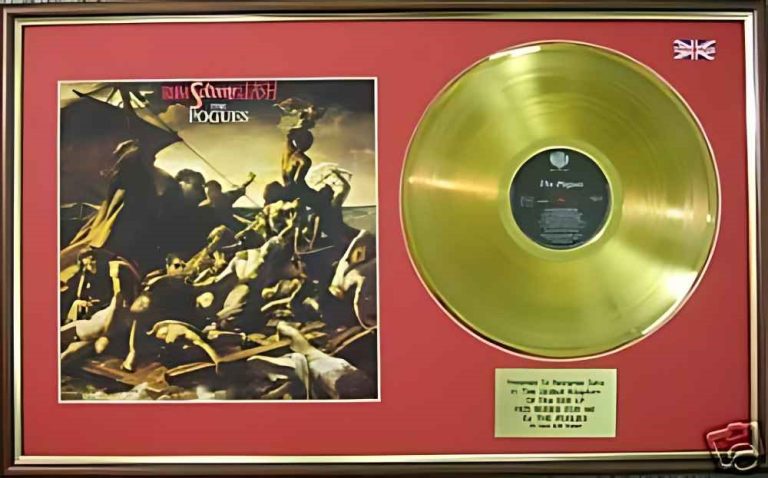
Released in 1985, Rum Sodomy & the Lash by The Pogues stands as a significant album in both Irish folk and punk music. Blending traditional melodies with punk energy, it captured the frustrations, joys, and sorrows of 1980s Ireland. Produced by Elvis Costello, the album resonated with listeners both inside and outside the Irish community. By merging past and present, Rum Sodomy & the Lash became a timeless reflection of Irish identity while influencing a new generation of artists across genres.
Historical Context: The Socio-Political Landscape of 1980s Ireland
To fully appreciate Rum Sodomy & the Lash, it’s essential to understand the socio-political landscape of 1980s Ireland. This period was marked by economic hardship, mass emigration, and the ongoing conflict in Northern Ireland, known as The Troubles. Many Irish people in England, especially those in the diaspora, faced discrimination and marginalization. The Pogues emerged as a voice for those struggling with Irish identity while living abroad or feeling disillusioned by society.
Led by Shane MacGowan, The Pogues revitalized traditional Irish folk music, infusing it with punk’s rebellious edge. At a time when Irish music was often considered outdated, The Pogues brought the sounds of the past into a punk-dominated present. Their music honored Irish traditions while acknowledging the gritty realities of many Irish people.
Lyrical Analysis: Ireland’s Complexities
The album opens with “The Sick Bed of Cuchulainn,” a track that epitomizes The Pogues’ ability to blend mythological references with urban life. MacGowan’s lyrics evoke disillusionment, portraying Ireland as a place caught between its glorious past and its troubled present. Another standout track, “A Pair of Brown Eyes,” uses sorrowful lyrics to tell a story of lost love and the tragedies of war. This track evokes the lasting scars of Irish conflict, particularly through the lyric, “for a pair of brown eyes,” which symbolizes the endless wandering of the Irish emigrant.
Both songs showcase MacGowan’s talent for storytelling, combining personal emotions with broader socio-political commentary. His lyrics address the everyday struggles of people while exploring deeper complexities of Irish identity and conflict.
Musical Composition: Punk Meets Irish Folk
One of the album’s most remarkable aspects is how it fuses punk energy with traditional Irish music. Tracks like “The Sick Bed of Cuchulainn” and “The Gentleman Soldier” incorporate tin whistles, accordions, and fiddles alongside punk’s raw intensity. Costello’s production maintains the band’s authentic sound, preserving the live feel of their performances. His balance of traditional and contemporary elements creates a unique soundscape that was unlike anything in the punk or folk scenes at the time.
Cultural Impact: Redefining Irish Folk and Punk
Rum Sodomy & the Lash had a profound influence on both Irish music and the broader punk genre. By combining Irish folk storytelling with punk’s defiance, The Pogues inspired a wave of musicians. Bands like Flogging Molly and Dropkick Murphys followed their lead, blending Irish traditions with punk’s energy, helping to keep the spirit of both genres alive. Beyond music, the album connected Irish communities worldwide, offering them a new way to engage with their heritage.
The Legacy of Shane MacGowan: A Timeless Songwriter
MacGowan’s songwriting has left an enduring mark on music, known for its poetic storytelling and emotional honesty. His lyrics, often melancholic, reflect life’s contradictions—joy mixed with sorrow, celebration with lament. With many artists across various genres citing him as an inspiration, his influence extends beyond Irish music. His unique voice, both lyrically and literally, has shaped how songwriters approach blending personal experiences with broader social themes.
Conclusion: The Lasting Significance of Rum Sodomy & the Lash
Music Industry Weekly recognizes that Rum Sodomy & the Lash remains a landmark album, not only for its innovative blending of genres but also for its cultural relevance. The album’s exploration of Irish history, exile, and personal struggle continues to resonate with audiences today. By merging punk’s ferocity with traditional Irish melodies, The Pogues created a timeless work that continues to inspire musicians and captivate listeners.